All Formats & Editions
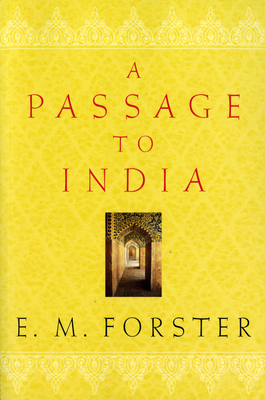
A Passage to India
E. M. Forster's exquisitely observed novel about the clash of cultures and the consequences of perception, set in colonial India Among the greatest novels of the twentieth century and the basis for director David Lean's Academy Award-winning film, A Passage to India unravels...


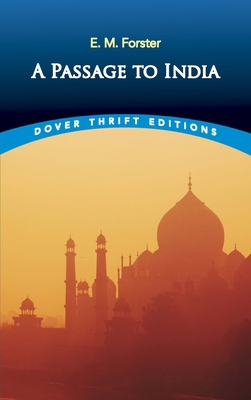
A Passage to India
At the dawn of the twentieth century, the peak of the British colonial era, a visiting English schoolteacher and her traveling companion express a desire to see a more authentic side of India. One of their new friends, a young Muslim doctor, arranges a trip to a natural wonder,...
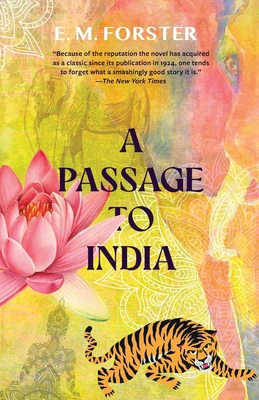
A Passage to India (Warbler Classics)
Among the greatest novels of the twentieth century, E. M. Forster's sweeping tale of prejudice and racial tension is set in colonial India at the turn of the century. As the Indian independence movement is gaining momentum but while the country is still under the rule of the...

A Passage to India
A classic of modern fiction about colliding cultures--teeming with complexity, mystery, and menace. Hailed as one of the finest novels of the twentieth century and transformed into an Academy Award-winning film, A Passage to India hauntingly evokes India...
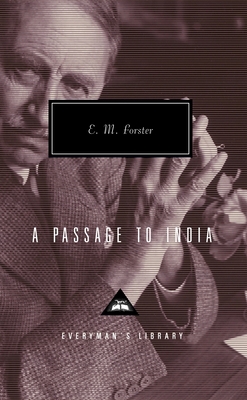
A Passage to India: Introduction by P. N. Furbank
Britain's three-hundred-year relationship with the Indian subcontinent produced much fiction of interest but only one indisputable masterpiece: E. M. Forster's A Passage to India, published in 1924, at the height of the Indian independence movement. Centering on an...
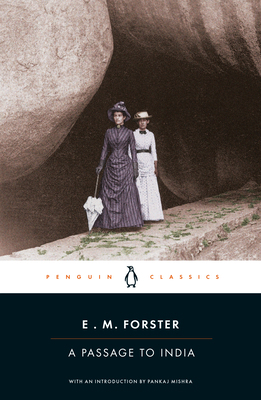
A Passage to India
E. M. Forster's beloved classic and sharp critique of imperialism A Penguin Classic When Adela and her elderly companion Mrs. Moore arrive in the Indian town of Chandrapore, they quickly feel trapped by its insular and prejudiced British community. Determined...
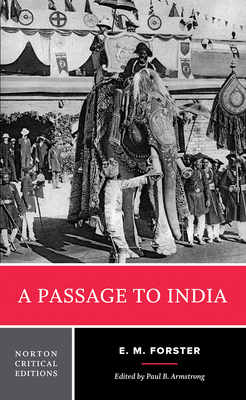
A Passage to India: A Norton Critical Edition
This Norton Critical Edition includes:
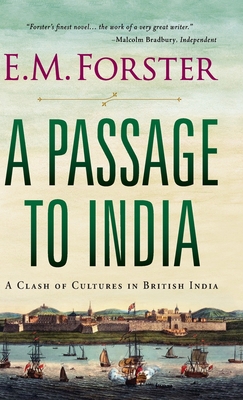
A Passage to India
E.M. Forster's 1924 political and philosophical masterpiece, 'A Passage to India', is among the greatest novels of the twentieth century. The book mirrors the troubled politics of colonialism and questions whether a friendship between a British person and an Indian would have...
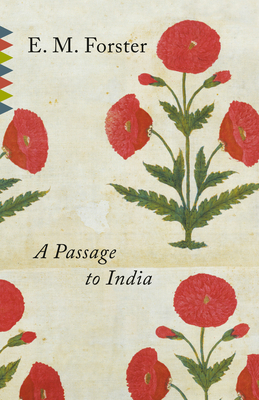
A Passage to India
Among the greatest novels of the twentieth century, and the basis for director David Lean's Academy Award-nominated film, A Passage to India turns on a tragic clash of cultures in British India after the turn of the century, at the height of the Indian independence...
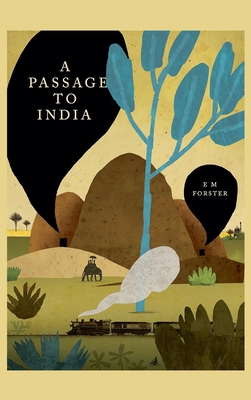
A Passage to India
Forster connects personal relationships with the politics of colonialism through the story of the Englishwoman Adela Quested, the Indian Dr. Aziz, and the question of what did or did not happen between them in the Marabar Caves. Forster was President of the Cambridge...

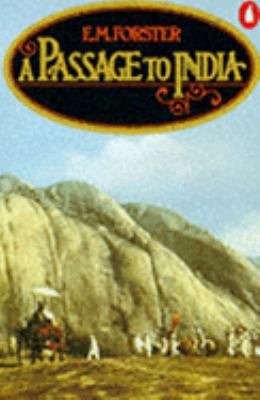

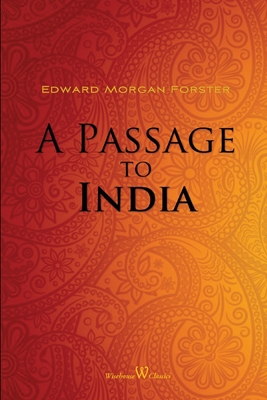
A Passage to India (Wisehouse Classics Edition)
A Passage to India (1924) is a novel by English author E. M. Forster set against the backdrop of the British Raj and the Indian independence movement in the 1920s. It was selected as one of the 100 great works of 20th century English literature by the Modern Library and won...
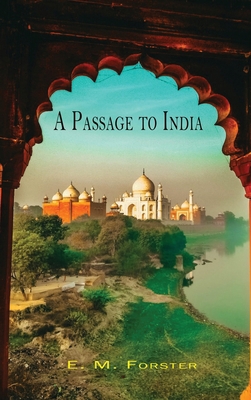
A Passage to India
A Passage to India is about how friendship may be difficult or even impossible when there are racial tensions and prejudices in peoples from different cultures and countries. It was included in its "All Time 100 Novels" list by Time magazine and thanks to this and other works...

Penguin Classics Passage To India
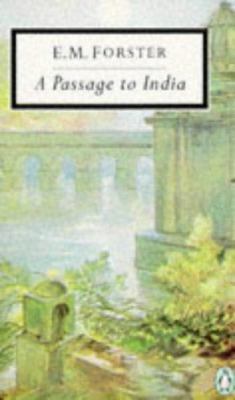
A Passage to India
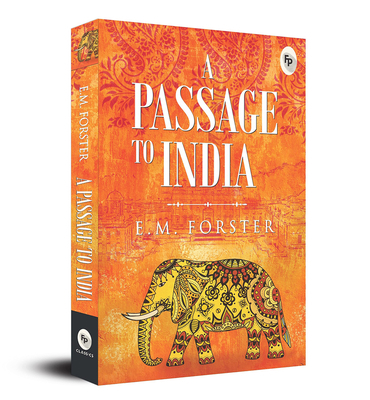
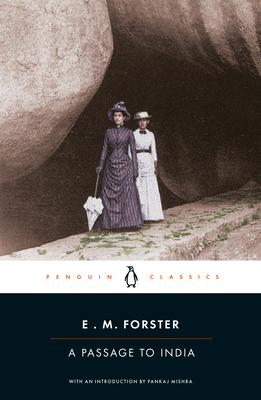
Penguin Classics Passage to India

A passagge to India
After a mysterious incident during their visit to the Marabar Caves, the charming Dr Aziz is accused of assaulting Adela Quested, a naive young Englishwoman. His trial exposes the fragile structure of Anglo-Indian relations and the racism inherent in colonialism is exposed.
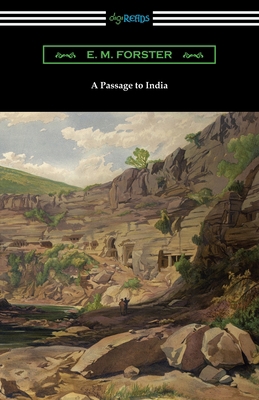
A Passage to India
First published in 1924, "A Passage to India" is E. M. Forster's classic tale of prejudice and misunderstanding in colonial India. Widely considered to be one of the best novels of 20th century English literature, "A Passage to India" was based on Forster's own experiences...
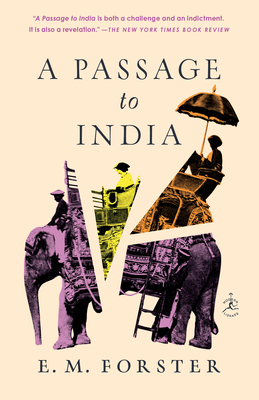
A Passage to India
The richest and most ambitious novel by one of the greatest writers of the twentieth century, this masterpiece counts the human cost of British-occupied India, a society afflicted by imperialism and racism. "A Passage to India is both a challenge and an indictment...




